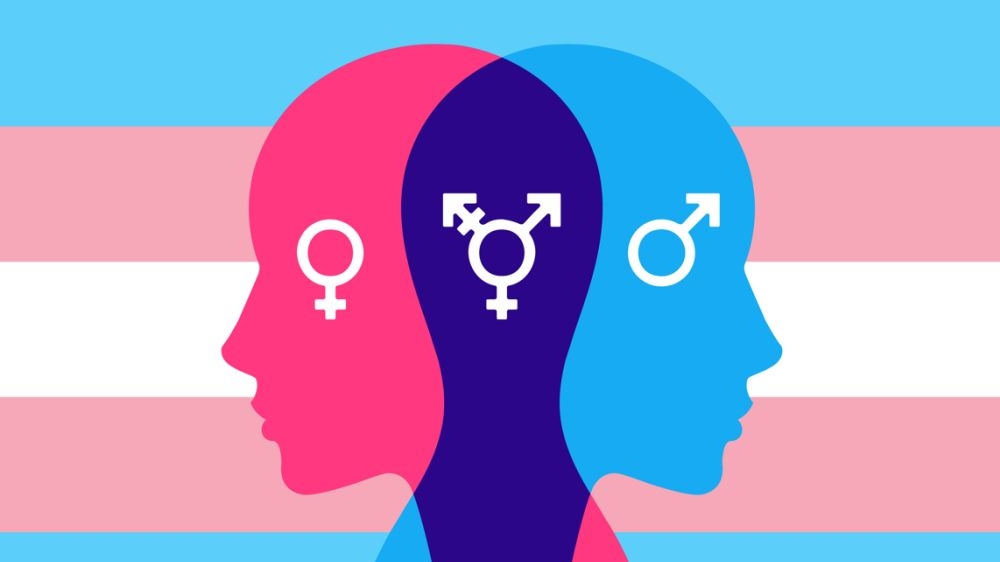
For many people, accessing quality mental health care is a difficult task, but for transgender youth like Callum Bradford, it can be even more challenging. It is a distressing experience due to the lack of uniform treatment standards and the societal debate over health care for transgender children. This article focuses on Callum’s experience in the emergency room at UNC Hospitals and aims to shed light on the challenges faced by trans teenagers in accessing gender-affirming mental health care.
The Obstacles Transgender Youth Face
Callum experienced severe anxiety and self-harm as a result of his stay in the emergency room, where he was on the verge of being transferred because there weren’t enough beds available. The lack of medical beds and North Carolina’s limitations on gender-affirming medical care for trans children make the situation even more challenging. Many individuals, including Callum, are unable to receive the proper treatment due to a lack of resources. The absence of funding designated specifically for the care needs of trans individuals adds another layer to their difficulties.
Transgender youth are now at the mercy of a system that is ill-equipped to meet their needs due to the lack of suitable treatment standards for them and the dearth of pediatric medical beds nationwide. The LGBTQ community has a very difficult time finding transgender care, especially for young people who are more vulnerable and require specialized services.
Restrictive Laws’ Effects
A recent Idaho law that was blocked prohibits gender-affirming medical services for transgender individuals under the age of 18 as an example. According to reports, the legislation outlawed hormone therapy, transgender youth surgeries, and puberty blockers as of January 1, 2024. These limitations, according to proponents, protect children from “medically unnecessary treatments.” However, transgender youth are more likely to experience stress, depression, and suicide attempts, often as a result of gender-related discrimination and gender dysphoria. It is significant to note that gender-affirming hormone therapy has been shown to improve transgender children’s mental health. Gender-affirming care is deemed safe, effective, beneficial, and medically necessary by the majority of national medical associations.
Hope for the Future
Despite the challenges, North Carolina is experiencing positive developments. There is hope for better care and treatment for transgender youth with the opening of a new facility for adolescent behavioral health and plans for an independent children’s hospital. Although Callum’s experience has damaged his faith in the state’s acute care network, he is still optimistic that, with the right policy changes, others might experience more gender-affirming care.
There is an urgent need for specialized services and resources for transgender individuals, according to Youth Outright, a group that provides resources to LGBTQ youth. The absence of these services results in suicide and higher levels of mental health issues among this population. Therefore, overcoming these challenges is essential for the well-being of trans youth.
The Callum Bradford story highlights the urgent need for change in the mental health care system to meet the specific needs of transgender youth. With policy changes and increased funding for professional services, transgender children can be provided with a more supportive and gender-affirming care environment, ensuring their mental well-being and promoting an equitable healthcare system.”



